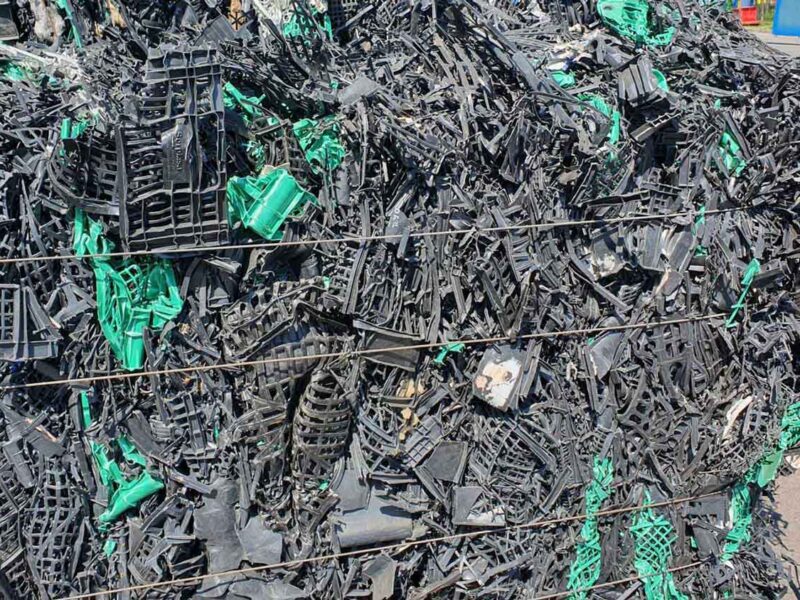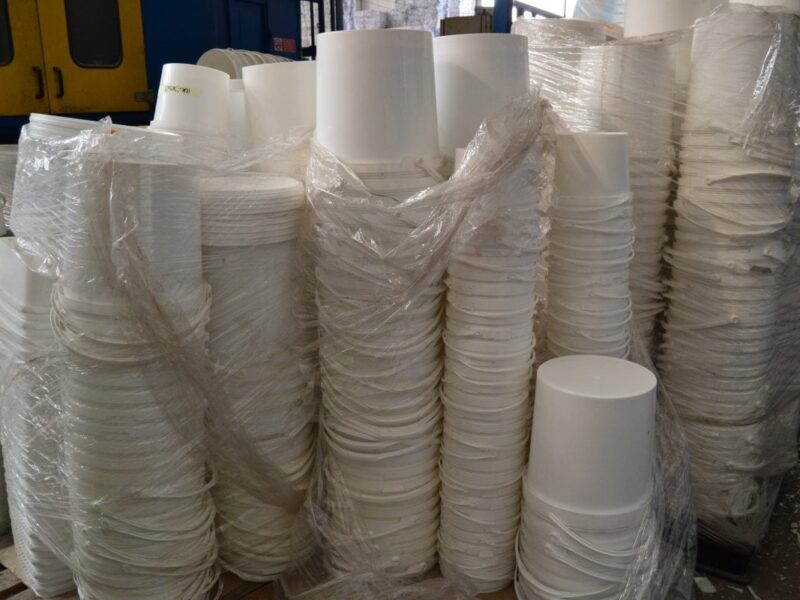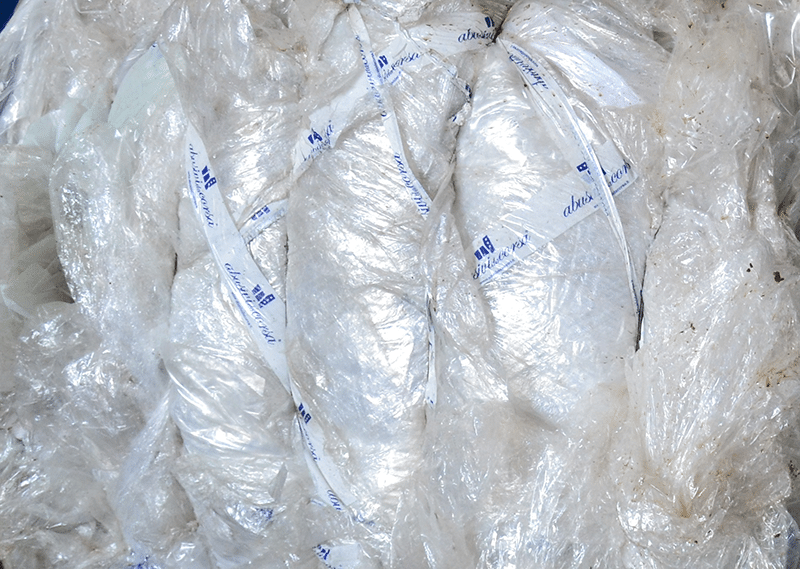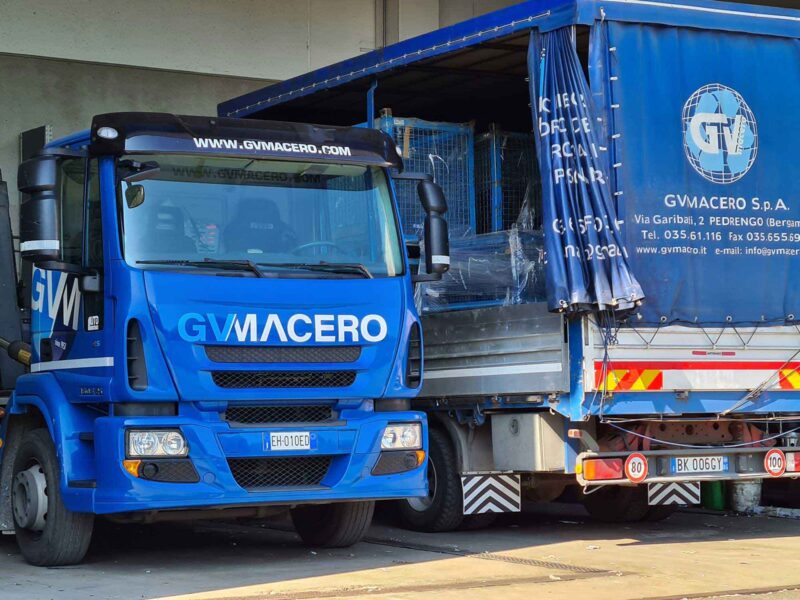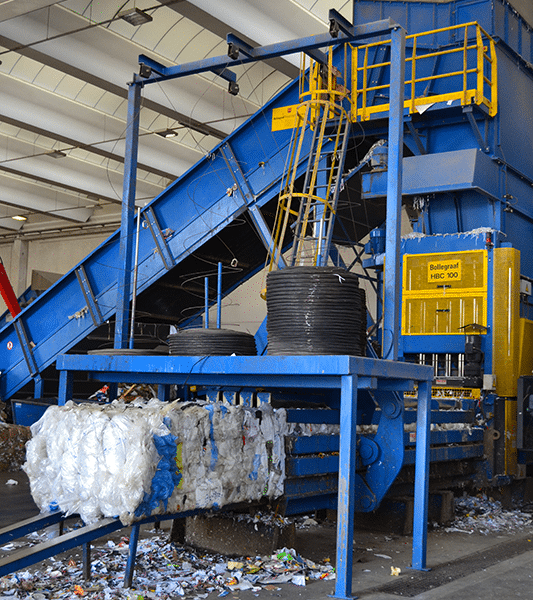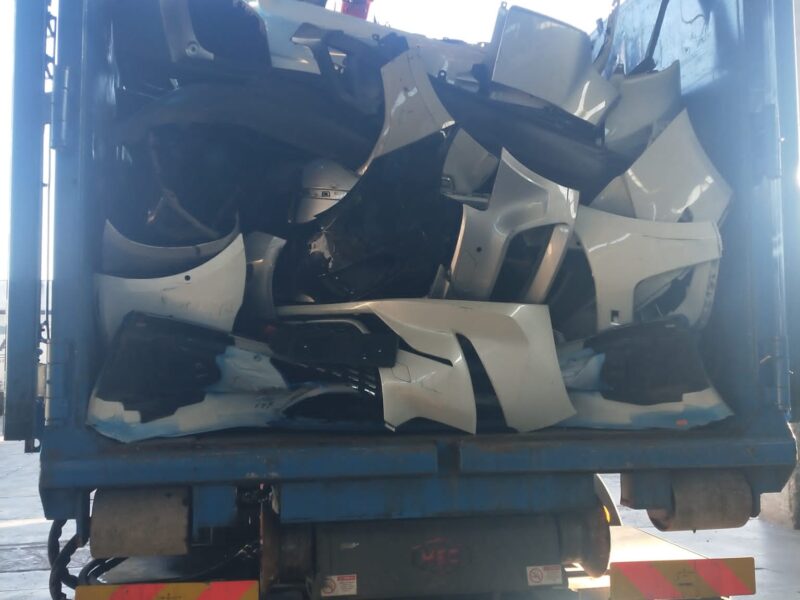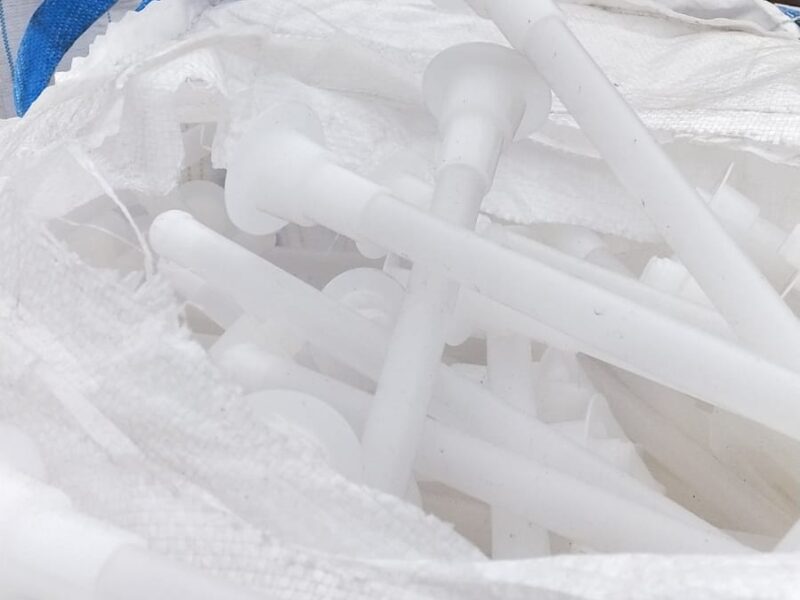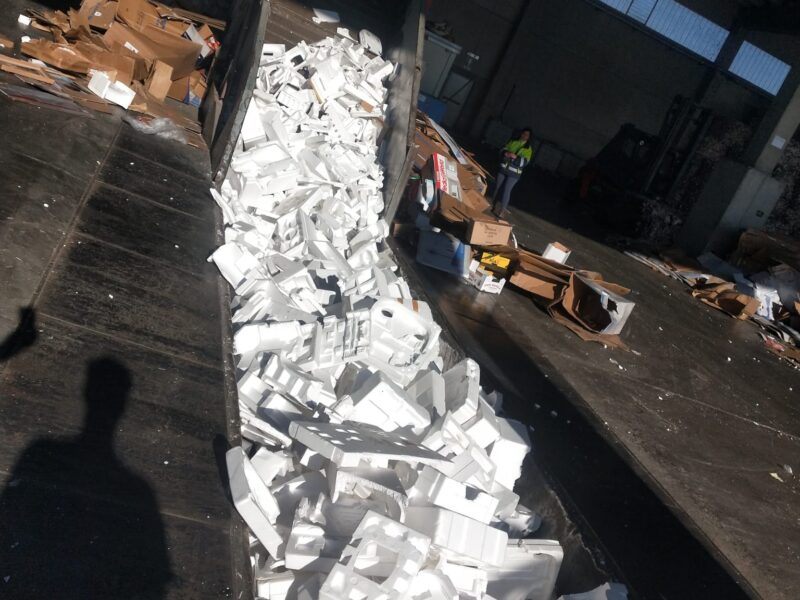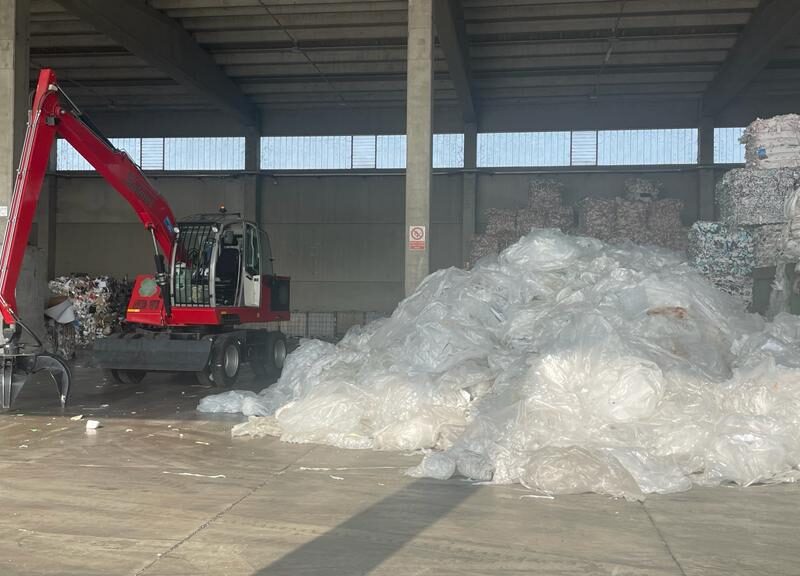Plastic Recycling
Plastic recycling and disposal
Plastic disposal and recycling: a daily challenge for resource optimization in all modern societies.
Plastic is one of the main components of solid waste. It is not biodegradable; if burned, some types of plastic can be toxic. Therefore, it is essential to dispose of and recycle plastic as much as possible.
GV Macero handles the collection of plastics (from PE films and PP fruit crates to technical and complex polymers such as PS and aluminized PP) and offers its services to all businesses, large-scale organized distribution centers, and public agencies that need to dispose of quantities of plastic to be sent for regeneration.
Plastic recycling in Italy
In Italy, plastic waste disposal and recycling levels are high. With a recovery rate of 80%, our country competes with Germany for the European lead in separate waste collection.
Despite the efforts of Italian citizens, only 43.5 percent of plastic material is transformed into new items, while 40 percent ends up in waste-to-energy plants and 16.5 percent in landfills. Now, an average of 18 kilograms of polymeric materials are collected per capita. Plastic packaging sent for recycling has grown exponentially, with a monetary benefit higher than 2 billion euros for raw materials not consumed, energy production, and carbon emission savings.
Plastic recycling: how it happens
Separate collection of plastics concerns packaging in particular, which constitutes an important percentage (more than half) of the plastic contained in municipal waste.
Initially, recycling involved only plastic bottles and detergent containers. Now, it has expanded to include packaging used for food, such as trays and film. PE bags, which are used for the separate collection of plastic, are also recycled.
Seventy-five percent of plastic waste is recycled and turned into a raw-second material, which can be used, in turn, to create a newly manufactured product.
The remaining 25% is heterogeneous packaging waste, which is no longer recyclable. It is turned into CSS, or Secondary Solid Fuel, used in cement plants to replace coal.
Plastic recycling and environmental impact
The spread of single-use plastic is impacting the climate and, at the same time, contributing to the pollution of seas and oceans.
This matter is closely related to the durability of plastic over time: its degradation process can last from 20 to 450 years.
The European Commission approved the directive to regulate and ban the use of single-use plastic products to curb this issue. On the one hand, it is intended to reduce the production of disposable plastic products. On the other hand, it is intended to encourage companies to recycle and dispose of existing plastic as much as possible.
Where to take plastic for recycling? If you are considering which companies to turn to for plastic recycling, you should know that GV Macero handles the collection of this material (from PE films and PP fruit crates to technical and complex polymers such as PS and aluminized PP), targeting, in particular, all companies, large-scale distribution centers and agencies that need to send large quantities of plastic material to regeneration.
How to recycle plastic
The plastic recycling process occurs in 4 steps:
1. Waste is picked up by an authorized vehicle and delivered to a collection center or plant authorized to process waste, such as GV Macero.
2. Here, sorting by polymer type and elimination of any non-conforming materials takes place.
3. The material is shredded (or densified) and washed to obtain a homogeneous product.
4. The result is a second raw material that can already be used to produce other items or in extrusion plants to obtain granules.

